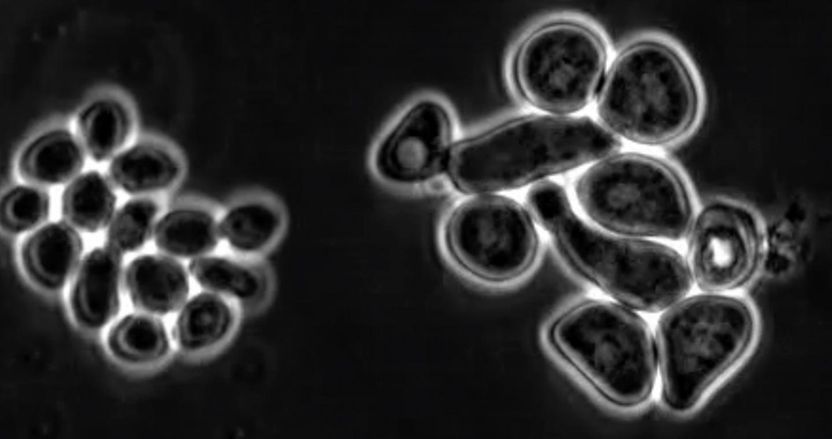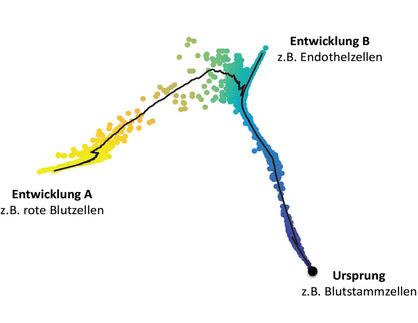Scientists refine model to predict dangerous errors in cell division
Advertisement
A team of Virginia Tech researchers has refined a mathematical model that simulates the impact of genetic mutations on cell division -- a step that could provide insight into errors that produce and sustain harmful cells, such as those found in tumors.

Virginia Bioinformatics Institute researchers at Virginia Tech observed behavior in live cells to test the accuracy of their simulations.
Virginia Tech
In a study the group detailed their findings in laboratory experiments, which examined how mutant cells moved through a series of processes to duplicate their genetic material and divide.
Using these results, the group developed more accurate techniques for predicting the effects that gene mutations will have on a cell's ability to regulate its rate of division using natural checkpoints such as cell size and the availability of nutrients.
"Cell division is an energy-intensive process," said Neil Adames, lead author on the study and a senior research associate at the Virginia Bioinformatics Institute. "Cells need to regulate their sizes in order to take in nutrients from their environment effectively and maintain proper concentrations of molecules, so healthy cells usually won't commit to duplicating their chromosomes until they've reached a sufficient size and mass."
There are roughly 32.7 trillion cells in the average adult human body, according to a 2013 study in the Annals of Human Biology. With cell division occurring tens of billions of times per day, checkpoints like minimum cell size act as brakes on cell division to minimize critical errors.
In the new study, the researchers tested predictions about whether yeast cells with particular mutations would be able to survive and reproduce. Inaccurate predictions were used to improve the model and provide a better understanding of the biochemical mechanisms governing cell division.
























































